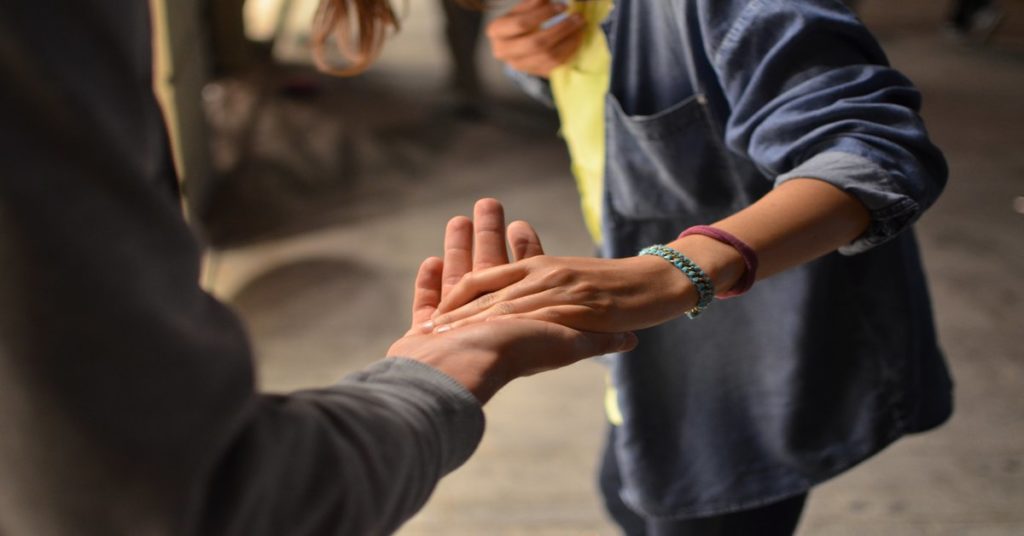
When you’re down, and in trouble, and you need some loving care…You just call out my name, and you know wherever I am, I’ll come running to see you again…you’ve got a friend.
Carole King song
The companion has a beloved place in our hearts. Famed modern-day teammates include Captain Kirk and Spock, Frodo and Samwise, Batman and Robin, and Sherlock Holmes and Watson. The companion serves and supports the hero, contributing quieter gifts of guidance, capability, and devotion.
Every companion is an image of the inner Other, and is present whenever gifts of wisdom, care and guidance are received. Our bodies, instincts, and feelings recognize and respond to the companion: a night’s sleep and dreams ease anxiety, a quandary melts into resolution, a new idea shines in mind. The Companion is already and always there.
Dream
“I keep making this lucid dream, of bumping into a long-lost best friend of mine. We first happily greet each other, and discuss how long it’s been since we last met. But quickly, I realize that I’m indeed dreaming. I try to explain that to him, and ask him for his contact information, such as a phone number, e-mail, or his social media account, to hopefully meet him in the real world… But he always seems either confused, or reluctant. He just stares at me, smirking, as I try to hurry up and get a way to contact him before the dream ends, but he never gives an appropriate answer, he either avoids the question, or simply walks away, as if he didn’t truly want to regain contact with me.”
References
Edward C. Whitmont and Sylvia Brinton Perera. Portal to the Source (Amazon).
Henri Corbin. Alone with the Alone (Amazon).

This episode affected me very deeply. I would love to explore these concepts deeper; it felt like being shown a door I have been looking for a long time. Thank you..
Hello.
I tried to play Episode 121, but the link seems to be broken. Is it possible to hear this?
Thanks for the heads up. It should play now.
Joseph
Dear TJL,
Didn’t Winnicott in “Playing and Reality” answer the question of “what comes first – the chicken or the egg?” also with his famous drawing comparing illusion and transitional objects?
Winnicott: “The transitional phenomenon [not just transitional objects but the breast] represent the early stages of the use of illusion, without which there is no meaning for the human being in the idea of a relationship with an object that is perceived by others as external to that being.”
And:
“Of the transitional object it can be said that is is a matter of agreement between us and the baby that we will never ask the question: ‘Did you conceive of this or was it presented to you from without?’ The important point is that no decision on this point is expected. The question is not to be formulated.”
This moment seems to be a most fundamental moment of illusion but also synchronicity.
Great episode – thank you.